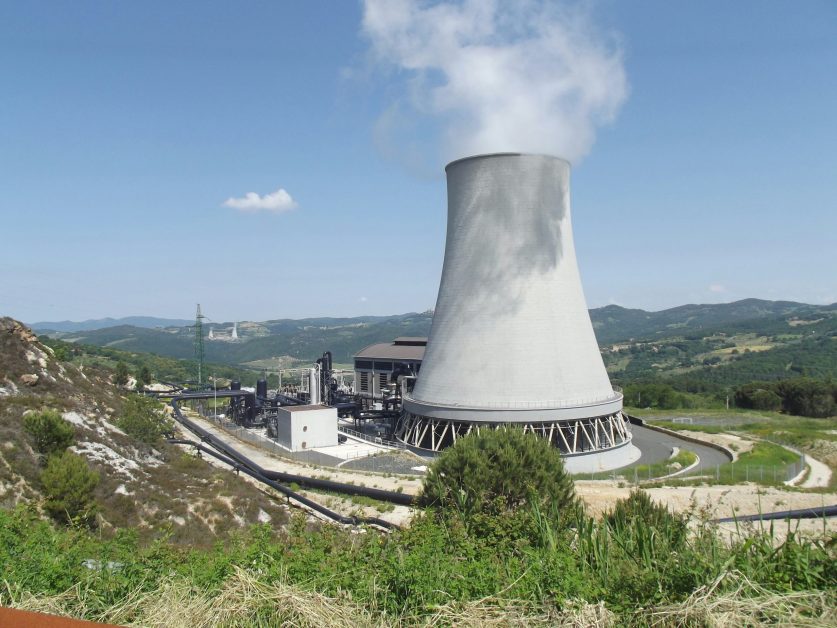Every day, The Overhead Wire collects news about cities and sends the links to their email list. At the end of the week they take some of the most popular stories and post them to Greater Greater Washington, a group blog similar to Streets.mn that focuses on urban issues in the D.C. region. They are national and international links, sometimes entertaining or absurd but often useful.
German cities prepare for energy transition: Manheim, Germany is planning to eliminate natural gas for heating by 2035; it intends to instead focus on district heating through heat pumps. To incentivize the change, the city is giving rate payers a generous subsidy of 10,000 Euro (about $10,900) per household. Hamburg is also embarking on a heat mapping program; by 2026 it will identify neighborhoods ready to switch. The energy transition will be cheaper for German utilities over the long run, as the cost of carbon increases and climate goals focus on phasing out fossil fuels by 2035. (Jan Rosenow and Claudia Kemfert | The Progress Playbook)
El Paso wastewater plant breaks ground: El Paso, Texas, has broken ground on a wastewater treatment plant that will use a multi-step process to produce potable drinking water. The plant will be the first of its kind in the country that does direct-to-distribution recycling — Las Vegas, Nevada recycles water, but it gets pumped back into Lake Mead. The construction will be finished in 2028 and generate 10 million gallons a day of drinking water for the city, which gets less than 9 inches of rain per year. (Martha Pskowski | Inside Climate News)
The streetcar is not taking: The United States Supreme Court declined to hear a case related to a taking (meaning the government seizes private property for public use) in California, allowing the lower court’s ruling to stand. The ruling in question states that Southern California Edison (SCE) was not entitled to compensation when moving equipment out of the way for a streetcar project — that is, SCE had to pay to move the equipment themselves. As a result, utility companies in California will have to pay to move any infrastructure in the right of way of governmental use; the issue has long been a point of contention between agencies and utilities. (This item is behind a paywall, but you can read about the case on the Constitutional Law Blog.) (Shayna Greene | Bloomberg Law)
Single-stair buildings are safe: A new report from the Pew Charitable Trusts finds that residents in single-stair buildings are not at greater risk of fire death because of the building’s design; as a result, a six-story building with one staircase is equally safe as a three-story one. The International Building Code, adopted by most U.S. cities, doesn’t allow single-stair buildings above three stories (Table 1006.3.4), but changes in the codes could significantly increase the supply of housing in states and localities. (Alex Horowitz | Pew Trusts)
Wealthy Palisades residents against more apartments: Wealthy residents of the fire-scorched Pacific Palisades in Los Angeles, California, are resisting ideas for adding more housing during reconstruction of the neighborhood. Justin Kohanoff, the owner of a Shell gas station, had plans to redevelop the property before the fire; he’s now planning to build 100 units, including some for low-income renters. He knows the process will be hard and won’t happen without a fight. (This item is behind a paywall; you can read more about the plan at the Palisades News.) (Liam Dillon | Los Angeles Times)
This week on the Talking Headways podcast, we’re joined by Lee Waters, a member of the Welsh Senedd (Parliament), and Dr. Jennifer Kent of the University of Sydney. They talk about how Wales set climate targets, did a national roads review and got to a 20 mile-per-hour speed limit across the country — and what it might take for other places to do the same.
Quote of the Week
“A billion-dollar budget mistake coupled with a more than 300% increase on the cost of the Abernethy Bridge [on Interstate 205] are just two examples of problems that need to be fixed and accounted for before we ask Oregonians for another dollar.”
— Oregon Rep. Shelly Boshart Davis, a Republican, in Willamette Week, discussing the $1 billion federal funds accounting error by the Oregon Department of Transportation
Photo at top by Fusun Tut on Unsplash
